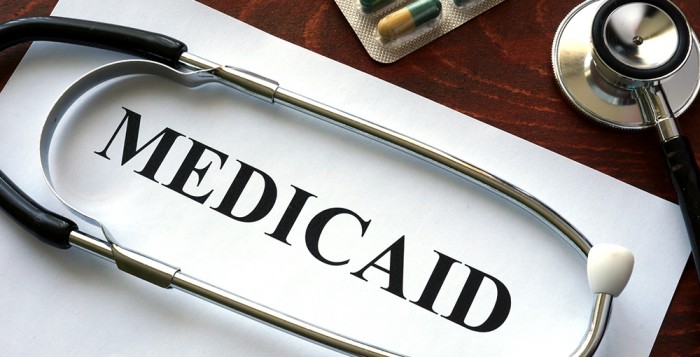FOR IMMEDIATE RELEASE
July 16, 2020
Harrisburg, PA – The Wolf Administration today announced that the Department of Human Services (DHS) will allow for additional Medicaid providers to enroll as an opioid use disorder Center of Excellence (COE). Since 2016, 45 COEs have transformed the way care is provided to people with opioid use disorder and have helped more than 30,000 Pennsylvanians access comprehensive, whole-person treatment that makes recovery possible.
“Connecting people to treatment that addresses both their opioid use disorder as well as physical and behavioral health needs is critical in saving lives and fighting the opioid epidemic,” said Governor Tom Wolf. “Centers of Excellence have proven themselves to be a critical part of our efforts to improve treatment options. By taking the next step in sustaining this program, individuals with opioid use disorder will have more access to treatment in their communities.”
DHS has announced a process for providers to enroll in the commonwealth’s Medicaid program as a COE specialty type provider. Providers who bear this specialty designation will be eligible to bill MCOs for care management services. This will allow DHS to continue to hold COEs to elevated standards by ensuring fidelity to the COE care model while also allowing other qualified providers to attain the distinction of COE.
“DHS is proud to oversee the development of the COE program, and we remain committed to helping the people at the center of this crisis,” said DHS Secretary Teresa Miller. “COEs are on the front lines in the fight against the opioid epidemic, and we want to be sure we are doing everything we can to support them. In continuing the program, DHS is taking the next step to cement the COE model as a standard of care for people with opioid use disorder.”
The COE program was established in 2016 through grants awarded to 45 providers throughout the commonwealth in order to increase access to medication assisted treatment, improve coordination of behavioral and physical healthcare for patients, and use community-based care management teams to keep people engaged in treatment across the continuum of care toward recovery.
COEs are designed to take care of the whole person by incorporating opioid use disorder treatment with physical, mental, and behavioral health treatment, as well as recovery support services. COEs use a blend of licensed and unlicensed, clinical and non-clinical staff to coordinate the care needs of an individual to ensure that their treatment and non-treatment needs are met.
The COEs’ care managers work to keep people with an opioid use disorder engaged in treatment by coordinating follow-up care and community supports that are vital to maintaining recovery. COEs work as a hub-and-spoke network, with the designated center serving as the hub. The spokes can include primary care practices, the criminal justice system, emergency departments, social services providers, other treatment providers, and other referral sources.
A study by the University of Pittsburgh found that COEs save lives by increasing access to medication assisted treatment and keeping people engaged in that treatment. Before receiving services from a COE, 46 percent of patients received medication assisted treatment, but after receiving COE services, nearly 73 percent of those patients were receiving treatment. The study also found that people who receive services from a COE are less likely to be admitted to the emergency room or the hospital due to an overdose. There is also a significant difference in how long a patient stays engaged in treatment; those who receive services from a COE stay in treatment longer than those who do not.
Applications for Medicaid providers to be enrolled as a COE may be submitted any time. Beginning January 1, 2021, only providers with the COE specialty type will receive payment for COE-type care management services. More information and the application for Medicaid providers to become a COE can be found here.
MEDIA CONTACT: Erin James, ra-pwdhspressoffice@pa.gov
# # #
















